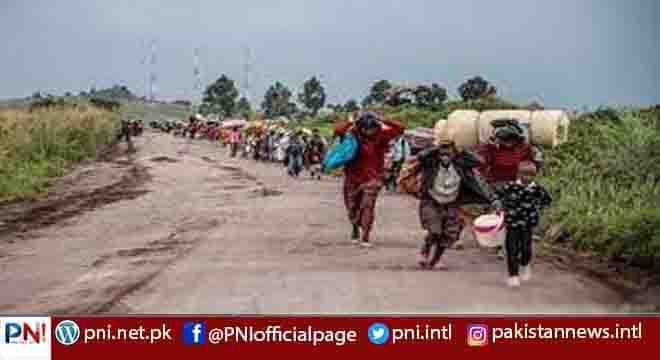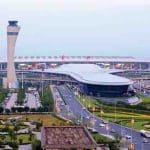Kinshasa, July 6 (AFP/APP): The Democratic Republic of Congo and Rwanda have agreed to a “de-escalation process” following weeks of rising tensions over rebel fighting in eastern DRC, the Congolese presidency said Wednesday.
It said a “roadmap” had been established towards normalising diplomatic ties, including through ending hostilities involving the M23 militia in eastern DRC.
The announcement comes after talks held in Angola’s capital Luanda on Wednesday between DRC President Felix Tshisekedi and Rwandan leader Paul Kagame, mediated by Angolan President Joao Lourenco.
The DRC has repeatedly accused Rwanda of backing the M23, a charge the small central African country has repeatedly denied.
A mostly Congolese Tutsi rebel group, the M23 — or “March 23 Movement” — first leapt to prominence when it briefly captured the eastern Congolese city of Goma in 2012 before it was driven out in a joint UN-Congolese offensive.
After lying mostly dormant for years, the M23 resumed fighting last November after accusing the Congolese government of failing to honour an agreement to incorporate its fighters into the army.
Fierce fighting has seen the rebels make significant advances in eastern Congo. Last month, M23 fighters captured the strategic town of Bunagana on the Congolese-Ugandan border, for example.
At the end Wednesday’s talks, the Congolese presidency said the three presidents had decided upon a “de-escalation process between the DRC and Rwanda”.
This involves setting up a joint DRC-Rwanda committee, which is due to hold its first meeting in Luanda on July 12, as well as a roadmap for normalising relations.
The M23 must cease hostilities under the roadmap, according to the Congolese presidency, and the “exploitation of natural resources in the region must be done in strict respect of the sovereignty of states”.
Follow the PNI Facebook page for the latest news and updates.








